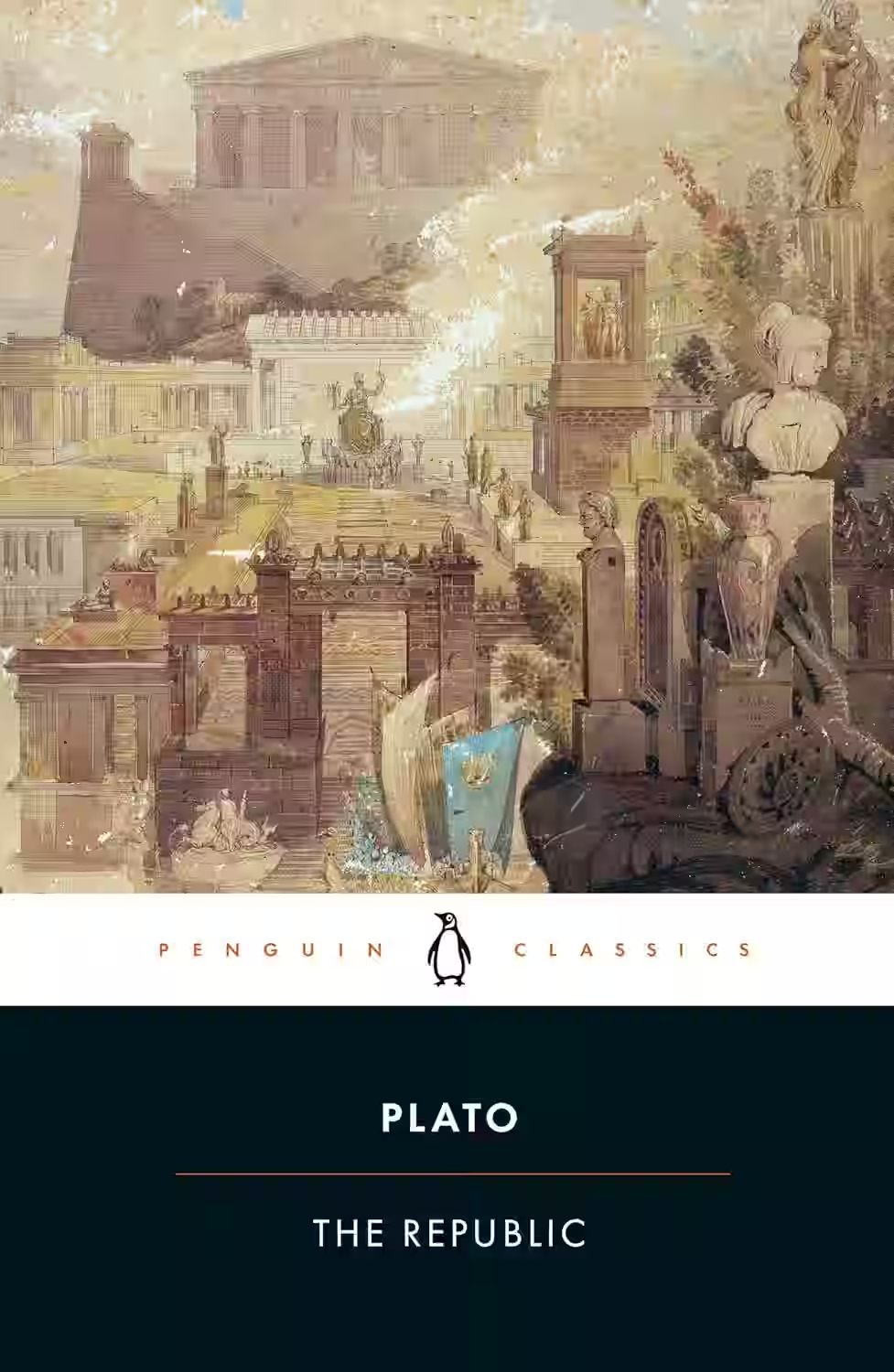
Plato’s The Republic explores justice, governance, and the ideal state through Socratic dialogue. Set in ancient Athens, it proposes a society ruled by philosopher-kings, where reason and virtue guide decision-making. The text investigates the nature of truth, education, and the soul, famously introducing the Allegory of the Cave. A cornerstone of Western philosophy, it challenges readers to question reality, politics, and morality, remaining profoundly relevant in political and ethical discourse.
About Plato
An ancient Greek philosopher and student of Socrates, considered one of the most influential figures in Western philosophy. His extensive dialogues, including The Republic, explore fundamental questions of ethics, politics, metaphysics, epistemology, and the nature of reality. Plato's theories, such as the Theory of Forms, have profoundly shaped Western thought and continue to be studied and debated for their enduring insights into justice, knowledge, and the ideal society.
Similar Books
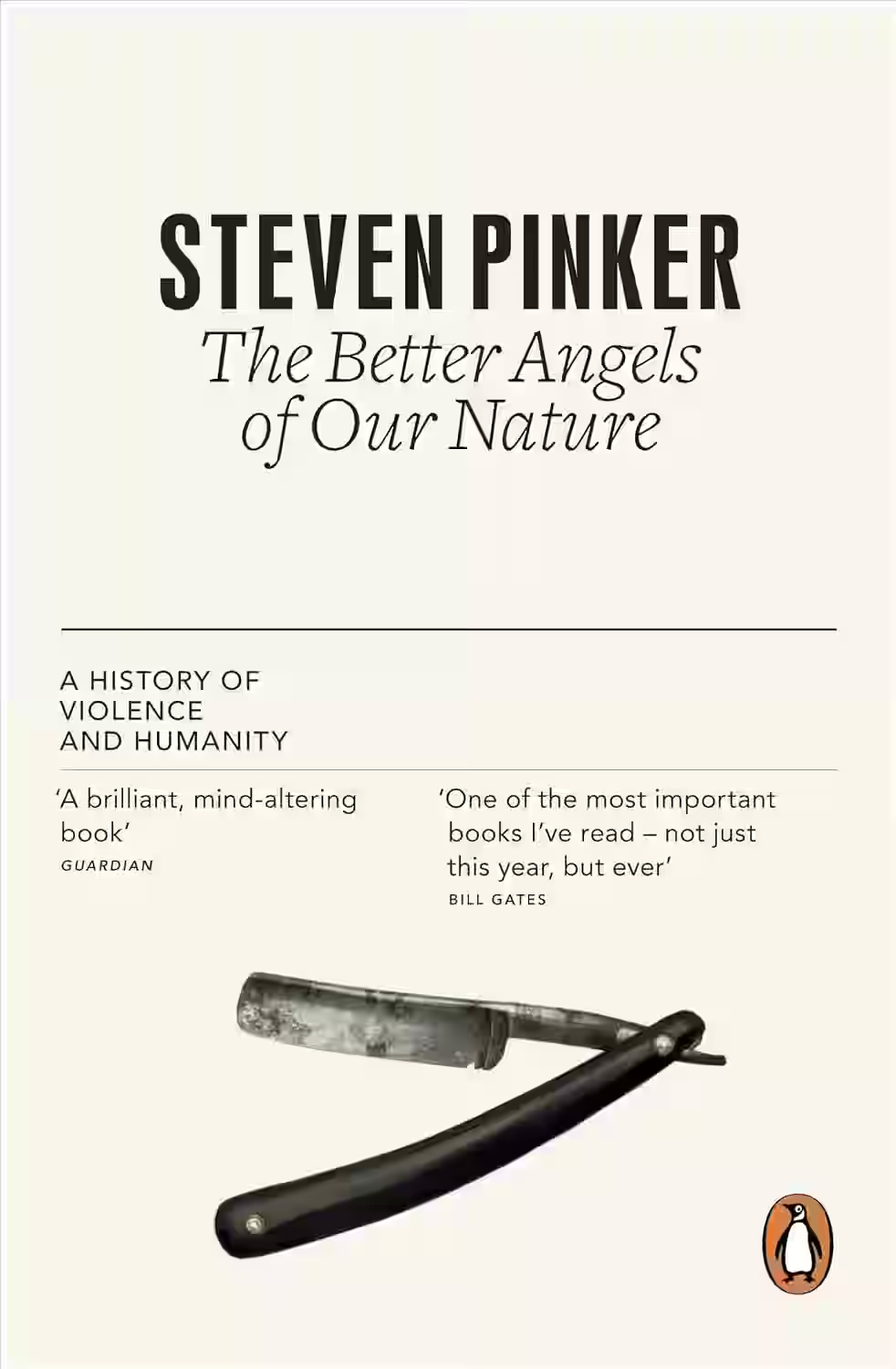
The Better Angels of Our Nature
In The Better Angels of Our Nature, cognitive scientist Steven Pinker argues that, contrary to popular belief, violence has declined significantly over human history. Drawing on data from psychology, history, and political science, Pinker examines how societal changes—such as the spread of literacy, trade, and centralized governance—have contributed to a more peaceful world. He identifies forces like empathy, reason, and moral progress as "better angels" guiding human behavior. Though controversial, the book provides a compelling, data-driven narrative that challenges pessimistic views of human nature and makes a bold case for the progress of civilization over the centuries.
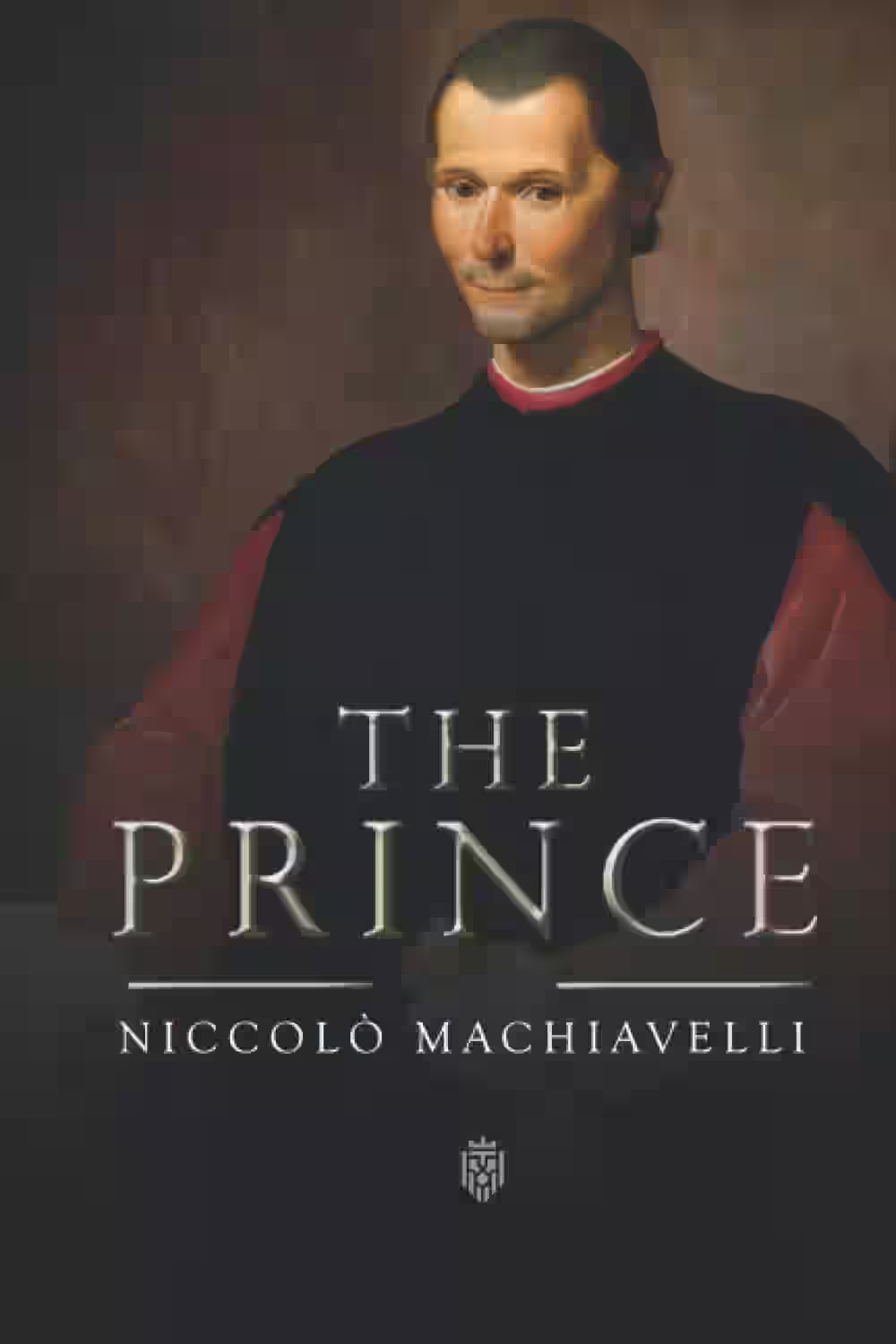
The Prince
A foundational work of political theory, The Prince offers blunt, often controversial advice for rulers seeking to maintain power. Rejecting moral ideals in favor of pragmatism and realpolitik, Machiavelli argues that ends often justify means. Still influential centuries later, this short but powerful treatise examines leadership, manipulation, and the mechanics of power, shaping political discourse across generations.
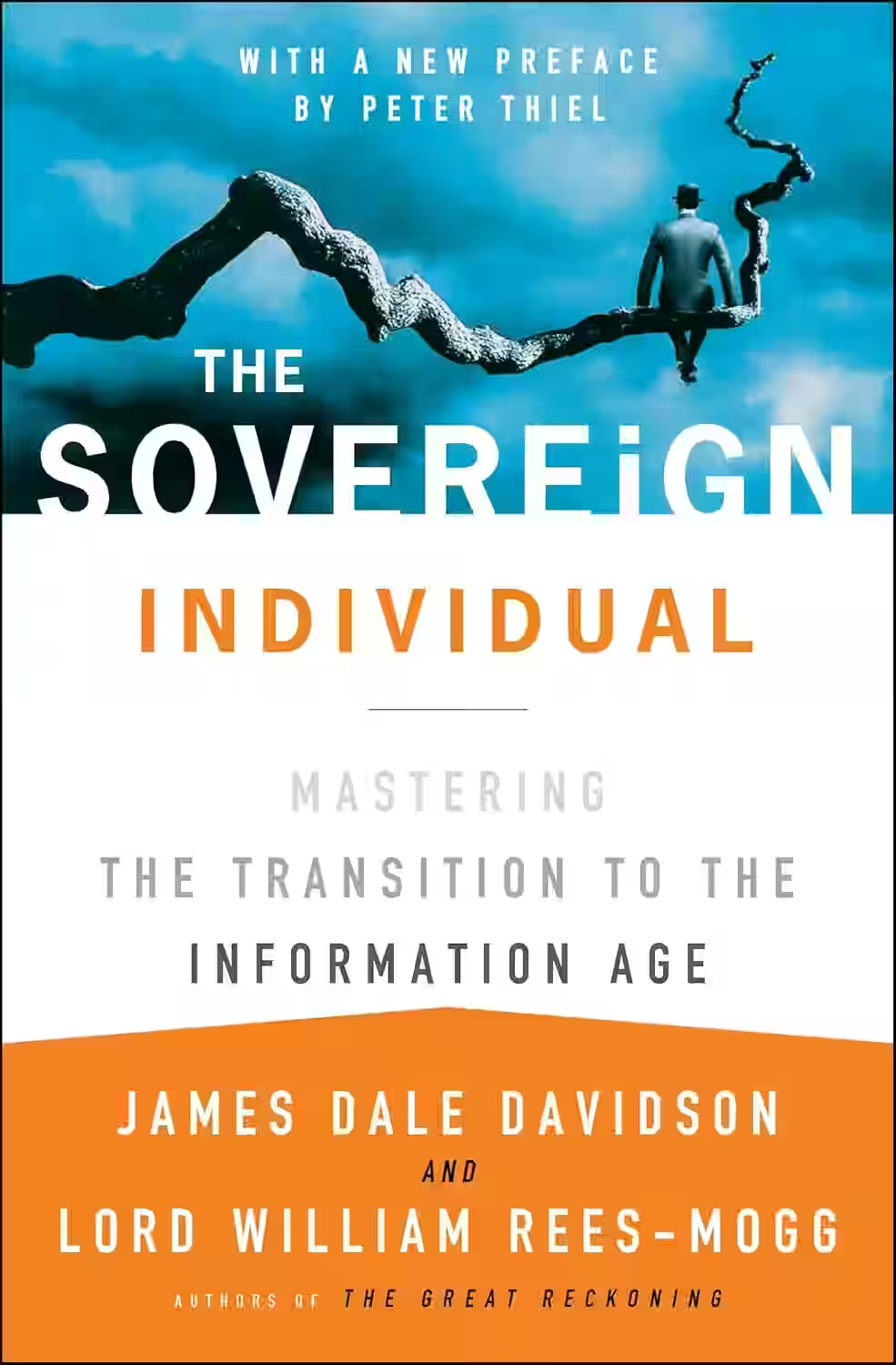
The Sovereign Individual
by James Dale Davidson, William Rees-Mogg
Published in 1997, The Sovereign Individual predicts the rise of the digital age and its impact on individual autonomy and state power. The authors argue that technological advancements, particularly the internet, will diminish the influence of governments and empower individuals to take control of their own lives. They foresee a future where traditional institutions are challenged, and personal sovereignty becomes paramount. This provocative work offers a foresightful analysis of the intersection between technology, economics, and personal freedom.
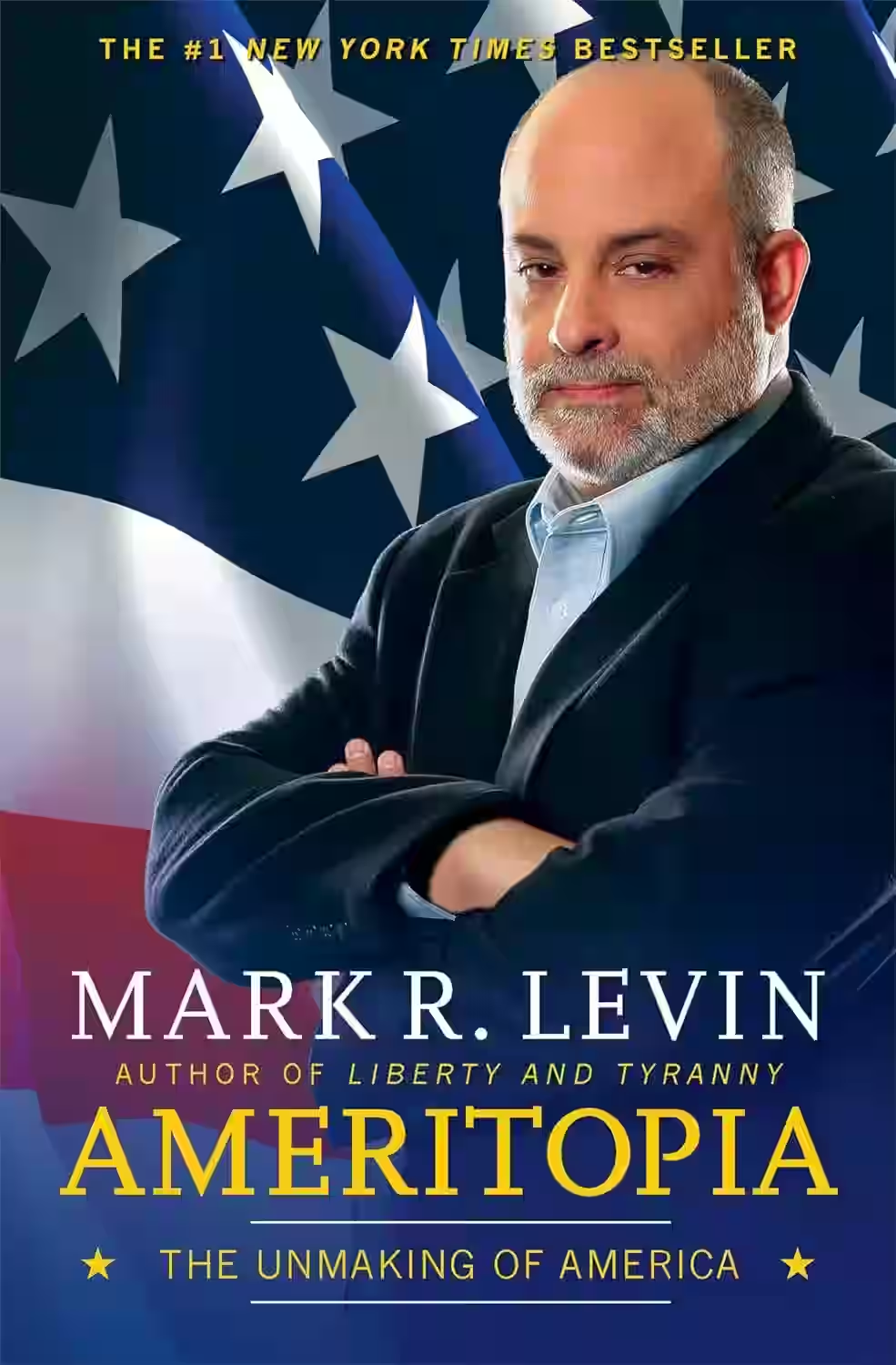
Ameritopia: The Unmaking of America
In 'Ameritopia: The Unmaking of America', Mark R. Levin delves into the philosophical foundations of the American political system and contrasts it with the Utopian ideologies that seek to erode individual liberties and constitutional constraints. Through a powerful blend of historical analysis and contemporary commentary, Levin investigates the dangers of centralized power, societal control, and the disregard for natural rights. Drawing parallels between the Founding Fathers' vision and the current political landscape, 'Ameritopia' serves as a thought-provoking exploration of the ongoing struggle between liberty and tyranny. With meticulous research and compelling arguments, Levin challenges readers to reflect on the significance of preserving the American principles of limited government and individual freedom.